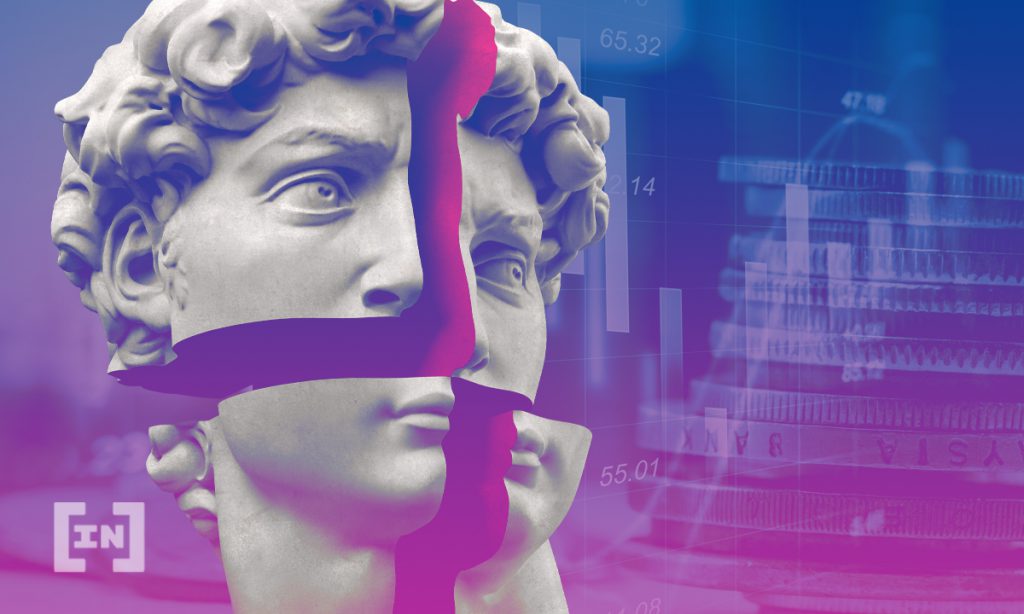Muslims are barred from using cryptocurrencies as currency, according to Indonesia’s council of religious leaders.
The National Ulema Council (MUI) has deemed cryptocurrency as haram, or banned, because it retains elements of uncertainty, wagering and harm. However, as a commodity, crypto can be traded if it abides by Shariah tenets and can show a clear benefit, according to MUI head of religious decrees Asrorun Niam Sholeh.
Although the finance ministry and central bank have been consulting MUI on Islamic finance issues, it holds the ultimate authority on Shariah compliance in the country with the world’s largest population of Muslims. Indeed, while the decision doesn’t mean all cryptocurrency trading will cease in Indonesia, it could deter Muslims from investing in the assets or make local institutions reconsider having crypto ties.
Crypto in Indonesia
For its part, the government has been relatively supportive of crypto assets, refusing to instate a ban on a market that has seen transactions amount to 370 trillion rupiah ($26 billion) in the first five months of the year. Instead, it gave the go-ahead for crypto assets to be traded alongside commodity futures as an investment option. It is also pushing to set up a crypto-focused exchange by the end of the year.
Although already traded as investments, Indonesia does not allow the use of crypto assets as a form of currency. Although the country’s central bank has dictated the rupiah as the only legal tender, it has been mulling a central bank digital currency, but has yet to announce a decision.
Divergence of opinion
Meanwhile, Indonesia’s religious leaders stance on crypto may diverge from their counterparts in other Muslim-majority countries. F Earlier this year, The United Arab Emirates’ Security and Commodities Authority and the Dubai World Trade Centre Authority (DWTCA) signed a crypto-related agreement, supporting the trading of crypto assets in the free zone of DWTCA.
Additionally, the Dubai Financial Services Authority (DFSA) recently introduced a regulatory framework for investment tokens. Although cryptographically secured through distributed ledger technology, the announcement did not define investment tokens as cryptocurrency. What the authority called “exchange tokens” would be covered under new proposals, along with utility tokens and “certain asset-backed tokens (stablecoins).”
What do you think about this subject? Write to us and tell us!
Disclaimer
All the information contained on our website is published in good faith and for general information purposes only. Any action the reader takes upon the information found on our website is strictly at their own risk.


